views

Fashion Revolution: Raising Awareness for Ethical Clothing Practices
In an era where fashion trends shift rapidly and consumerism is at an all-time high, the true cost of our clothing often remains hidden from view. The fashion industry, notorious for its glamorous façade, has a dark side that affects the environment, the economy, and human lives. The Fashion Revolution, a global movement that advocates for transparency, sustainability, and ethics in fashion, is challenging consumers, brands, and policymakers to rethink their approach to clothing. This article explores the need for ethical clothing practices, the role of the Fashion Revolution, and how individuals can contribute to a more sustainable fashion future.
The Dark Side of Fast Fashion
Fast fashion, characterized by the rapid production of cheap, trendy clothing, has revolutionized the way we consume apparel. However, this model comes with significant drawbacks:
-
Environmental Impact:
- Waste: The fashion industry is one of the largest polluters in the world. Fast fashion contributes to a throwaway culture, with consumers discarding clothing after just a few wears. Landfills are inundated with textile waste, much of which is non-biodegradable.
- Resource Depletion: The production of clothing requires immense amounts of water, energy, and raw materials. For example, producing a single cotton T-shirt can consume up to 2,700 liters of water.
- Pollution: Textile production involves the use of harmful chemicals and dyes, which often end up in rivers and oceans, causing severe water pollution and harming marine life.
-
Human Rights Violations:
- Exploitation: Many fast fashion brands outsource production to countries with lax labor laws. Workers, often women and children, are subjected to poor working conditions, long hours, and meager wages.
- Health Risks: Factory workers are frequently exposed to hazardous chemicals without adequate protective measures, leading to serious health issues.
The Emergence of the Fashion Revolution
The Fashion Revolution movement began in response to the 2013 Rana Plaza disaster in Bangladesh, where a factory collapse killed over 1,100 garment workers. This tragedy highlighted the urgent need for reform in the fashion industry. Since then, Fashion Revolution has grown into a global movement with a clear mission: to unite people and organizations to work towards a more sustainable and ethical fashion industry.
Key Principles of the Fashion Revolution
-
Transparency:
- #WhoMadeMyClothes: One of the central campaigns of the Fashion Revolution is the call for transparency in the supply chain. Consumers are encouraged to ask brands, “Who made my clothes?” and demand clear answers about the origins of their garments.
- Accountability: Brands are urged to disclose information about their production practices, including factory conditions, wages, and environmental impact.
-
Sustainability:
- Circular Fashion: Promoting the reuse, repair, and recycling of clothing to minimize waste. Circular fashion aims to create a closed-loop system where garments are continually repurposed.
- Sustainable Materials: Encouraging the use of eco-friendly materials like organic cotton, recycled fibers, and biodegradable fabrics.
-
Ethical Practices:
- Fair Wages and Working Conditions: Advocating for fair wages, safe working environments, and the eradication of forced and child labor.
- Community Support: Supporting local artisans and small businesses to promote ethical production practices and preserve traditional craftsmanship.
Also Read: Crafting Conscious Style: A Guide to Building a Sustainable Capsule Wardrobe
How Brands Are Responding
Many brands are beginning to take notice of the demand for more ethical practices and are implementing changes:
-
Sustainable Collections:
- Major brands are launching sustainable lines that use eco-friendly materials and ethical manufacturing processes. For instance, H&M’s Conscious Collection focuses on sustainable materials like organic cotton and recycled polyester.
-
Transparency Initiatives:
- Companies like Patagonia and Everlane are leading the way in transparency, providing detailed information about their supply chains and production practices.
-
Collaborations and Certifications:
- Brands are partnering with certification bodies like Fair Trade and Global Organic Textile Standard (GOTS) to ensure their products meet high ethical and environmental standards.
How Consumers Can Make a Difference
Consumers play a crucial role in driving change within the fashion industry. Here’s how you can contribute to the Fashion Revolution:
-
Educate Yourself:
- Stay informed about the impact of your clothing choices. Documentaries like “The True Cost” and books such as “Fashionopolis” provide in-depth insights into the fashion industry’s issues.
-
Ask Questions:
- Participate in the #WhoMadeMyClothes campaign by asking brands about their production practices. Hold them accountable for their supply chain transparency.
-
Support Ethical Brands:
- Choose to buy from brands that prioritize sustainability and ethical practices. Look for certifications and transparency reports to guide your purchasing decisions.
-
Buy Less, Choose Well:
- Adopt a minimalist approach to fashion. Invest in high-quality, timeless pieces that you can wear for years rather than following fleeting trends.
-
Second-Hand and Vintage Shopping:

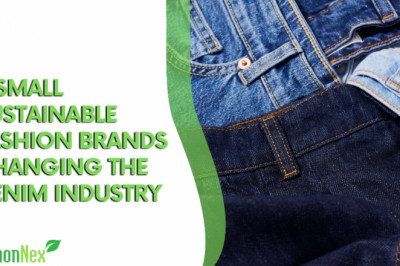
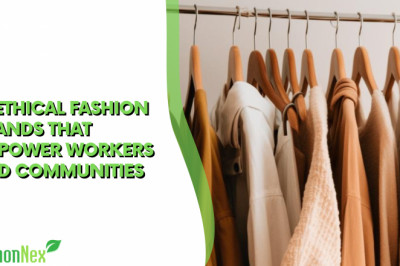
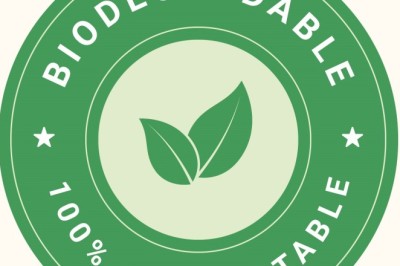

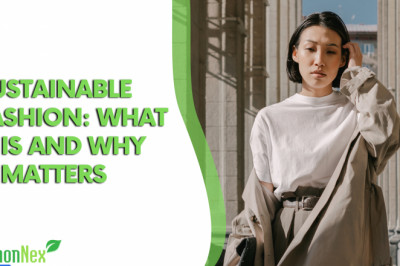



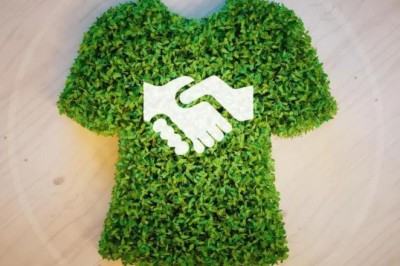
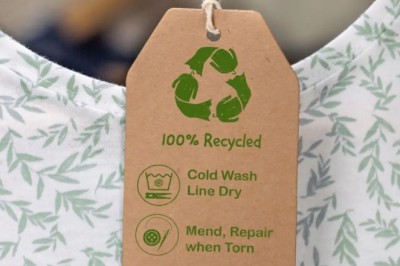
Comments
0 comment